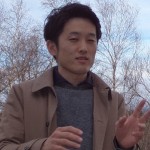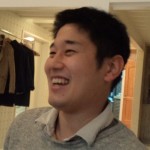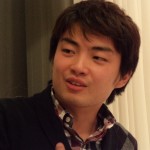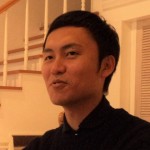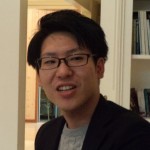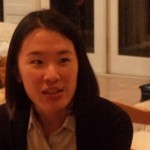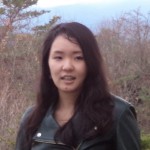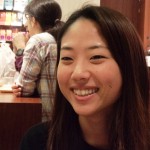At the foot of Mount Fuji, former Hasegawa students discussed the challenges facing them as well as their employers. In the manufacturing sector, they found the need for their companies to transform as well as themselves, while in the service sector, they felt the high expectations imposed on them.
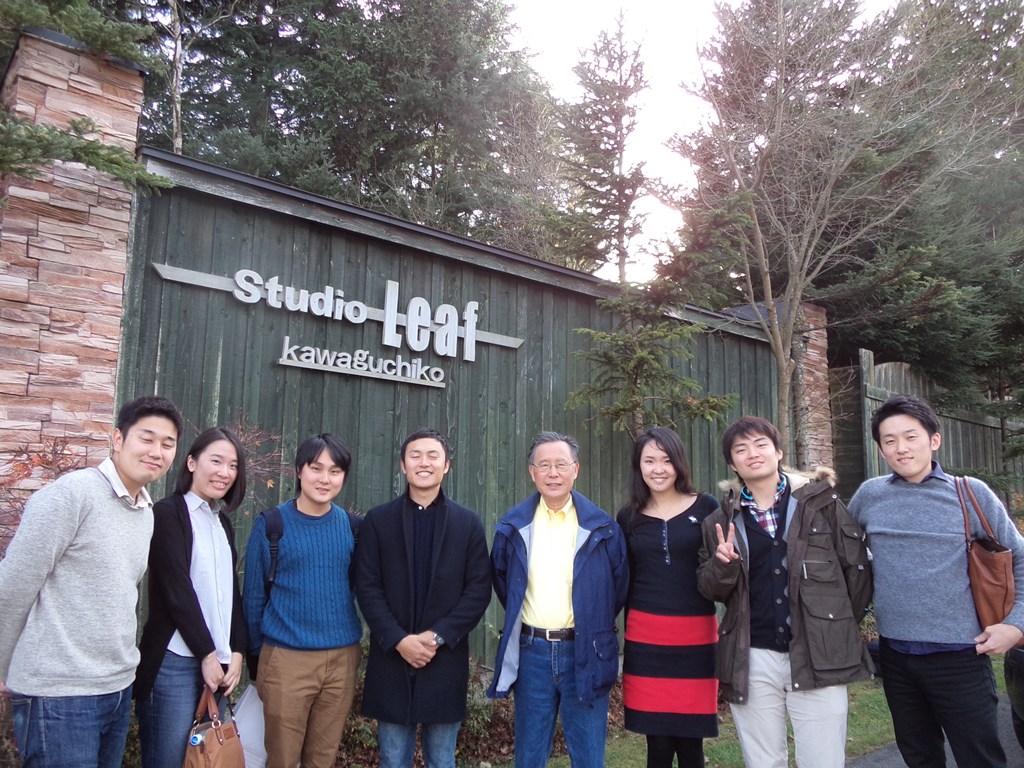
The Fuji retreat program consisted of four sessions.
In the first session, we shared own activities in recent years as businesspersons. We realized that there were similarities in some tasks and hardness each of us facing to in our business.
In the second session, we discussed the core enabling factors of happiness and how we can attain them. We found that there are two kinds of happiness, one coming from self-esteem that is noticeable as an objective never to be fulfilled. The other one came from self-actualization that is anchored in interdependence with neighbors of a shared community we belong to. We concluded that contribution, no matter its impact is large or small, is a key for making our life a truly fulfilling one.
In the third session, we developed our discussion from the meaning of happiness to the universal values that never change or differ even if each of us chooses very different life. Prof. Hasegawa suggested that philosophers of both the Orient and Western worlds shared three key concepts – truth, goodness, and beauty (真・善・美).
In the last session, we discussed what we should nurture our internal goodness and how we can develop ourselves professionally and as individual human beings. Then, each of the graduates of the Hasegawa Seminar who participated in this retreat made commitment to enhancing our well-being as well as professional competency based on what we learned from our discussion and each other in this retreat. (Hiroyasu Bessho)
|
Deputy Head
Hasegawa Seminar Class
(2008) |
I started my work as an employee of the Trading Company of Kawasaki Heavy Industries group in 2009. My work consists of dealing with industrial machineries for shipbuilding, steel plant, construction, and chemical plant sector as a salesperson. I think we, as a part of Japanese manufacturing sector, are facing a difficult challenge of establishing core competency against competing innovations of global competitors in emerging countries such as China and Korea. For this reason I am going to a business school to develop essential business knowledge and problem solving skills. |
|
Head
Hasegawa Seminar Class
(2008) |
I am now working at trading company that deals in steel industry. My work is to import materials such as refractory bricks from China, Vietnam, and other countries to Japan. In these 6 years I have been based in Tokyo, Okayama. And from next January I will be working Chiba. In the steel industries, the domestic market reaches saturation, and international competitiveness is much more needed. It is difficult to add value in the same scheme until today. We are now facing a challenge to shift to the new growth strategy. |
|
Hasegawa Seminar Class
(2008) |
Kisho Tsuchiya, the PhD Candidate of the Department of History at the National University of Singapore (NUS) shared provisional findings from his on-going historical research on the imagined origins of the Timorese people. He explained that the intellectual history about the Timorese people will be more complex than it is known if diverse East & West Timorese, Indonesian, Dutch, Portuguese, and Japanese thoughts and experiences are to be incorporated. He suggested that the “East Timor Problem” in the last quarter of the last century was a tragedy caused by imposition of the logic of “national self-determination” to a “border world” where local identities were so complex and little known to outsiders. He ended his talk by saying that mutuality should always be at the center in national development & international cooperation. |
|
Hasegawa Seminar Class
(2010) |
I work in a Japanese water business company. As a total solution provider for water business, my company has actively expanded into global water markets, holding delivery records up to 500 sites in 50 countries. I hope to solve the global issues of water shortage and pollution through the business. |
|
Hasegawa Seminar Class
(2012) |
I started my carrier as a corporate banking officer in a Japanese commercial bank. Currently I am in charge of about 25 companies in Kobe-City and providing various financial services. I find it fascinating that how industrial companies challenge to accomplish their visions by means of economic activities and am delighted to support them by providing every solution we have. |
|
Hasegawa Seminar Class
of Geneva (2013) |
I am a member of a Japanese consultancy firm, currently working as a supply chain management consultant for a Japanese electronics company’s project. Although I find my job, realising the client’s business requirements through IT, challenging and interesting, with academic backgrounds in international development, I am considering a career change. I am not a graduate of the Hasegawa seminar. I met Prof. Hasegawa two years ago in Geneva during a training programme for graduate students considering career in international organisations (http://www.shasegawa.com/archives/10936). My friendship with one of the graduates enabled me to participate in this two-day seminar, and thus, I truly believe in the importance of interdependence between human beings. |
|
Hasegawa Seminar Class
(2008) |
I have been working at a Japanese consultancy firm for 2 years, as a BPR (stands for Business Process Re-engineering) consultant for a Japanese multinational electronics company’s project. My job is to achieve client’s business requirement and construct integrated business process and IT system for the Sales offices and Factories where located all over the world. I feel that the consulting service market is expanding since our clients need to follow the rapid change of markets which are very competitive. |
|
Hasegawa Seminar Class
(2012) |
Since 2014, I have been working in a Japanese Internet service company as an EC consultant. I’m in charge of about 100 merchants from manufacturer to retailer to help their sales better. Selling products in offline is really difficult these days so I hope that I can help them through the Internet services. Currently I also work for CSR. It has very different responsibilities in the company so I learn many things from it. |

